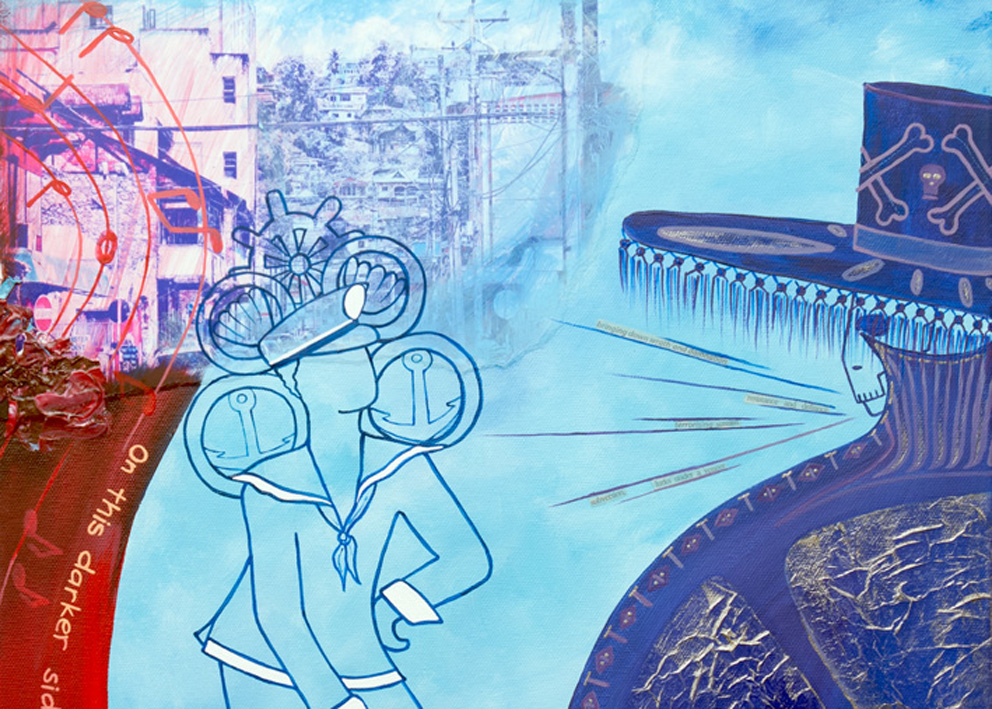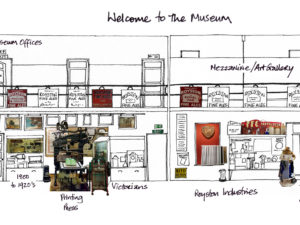
Featured Image: Partial of Behind the Bridge
15 Jan 2019
Depends on your objective and how you operate.
Modus Operandi 1
Operating from a position of love, fairness and creating equal opportunities for success for yourself and everyone else.
Justification –
If they are doing the same job, show the same competence, and contribute equally to their organisation’s success? None.
Bear in mind that “equal contribution” doesn’t mean “identical contribution”. We all have unique insights, talents, abilities that are valuable. Unfortunately the current drive to monetise success means that we often dismiss the value of many non-quantifiable contributions that make quantifiable ones sustainable.
Modus Operandi 2
Operating from a position of fear, scarcity, control and them-versus-us.
Justification –
Those who earn more, deserve it. Those who don’t, work harder.
Our unequal system of pay and opportunities has resulted in long term benefits for certain groups of people for generations. These people have no impetus to change things. Why should they?
How many people would be willing to give up a clear advantage over someone else (regardless of how unfair it is)? How many people would be willing to say – ok, let’s both start from the same point and see if we can both succeed? For starters, if we believe success is money and money is in limited supply, then how can we conceive of an end game where we both succeed. In such a scenario, there must be a winner and a loser and we all want to be the winner. And so we will find any justification to perpetuate inequality that benefits us. Pay is no different.
Why pay a man more? We can rely on a man to work right through. Women disappear to have children and then their attention is split. They aren’t as focused on the business as men.
Why pay a disabled person less? There’s no way they can contribute as much as an able bodied person. And just think how much money we had to spend to make it possible for them to contribute anything at all? We’ve got to make that money back somehow.
Why pay older people more? Young people just have less experience. They’re all enthusiasm and no wisdom. We hire them to learn. You don’t pay students to go to school. In the old days…
Why pay Head Teachers less than Hedge Fund Managers?
Why pay Nurses less than Architects?
Why pay immigrants less than Brits?

We could go on for ever… well maybe you can. I was struggling to channel my inner ignoramus (and my memory of idiot commentary on social media) to come up with some of that stuff.
People with this approach can see lifting others up to their level, as lowering themselves down. It’s as if they can’t be superior then they must be inferior. Frankly, this is a pretty sad and disturbing place to exist and because we’ve all been raised to rank, label, categorise and stack everything, it’s hard to break out of that mentality of measuring ourselves against others without a lot of practice, determination and support. In this instance we’re talking about pay, but we measure ourselves against others in so many other ways.
Conclusion –
The point is, we can slap a justification on anything if we really set our minds to it. We can even work to convince ourselves that our justification is perfectly sensible, but when we’re not in front of parliament, sitting in a board meeting, or telling our kids “Do as I say, not as a I do”; when no one is around and we don’t have to save face or uphold an image, I hope we can at least be honest with ourselves.
Discussion for Teaching & Learning Lecture, 16 January 2019
Assigned reading…
Holmwood, J. (2018) ‘Race and the Neoliberal University: Lessons from the Public University’, in Bhambra, K. Gebrial, D. & Nisancioglu, K. (eds). Decolonising the University. London: Pluto Press, pp. 37-47








